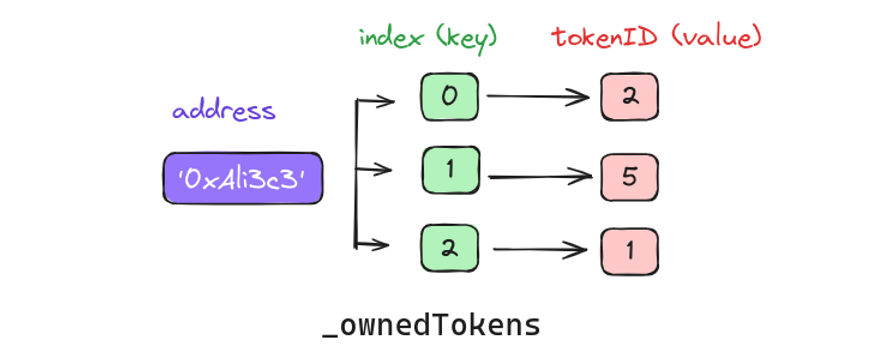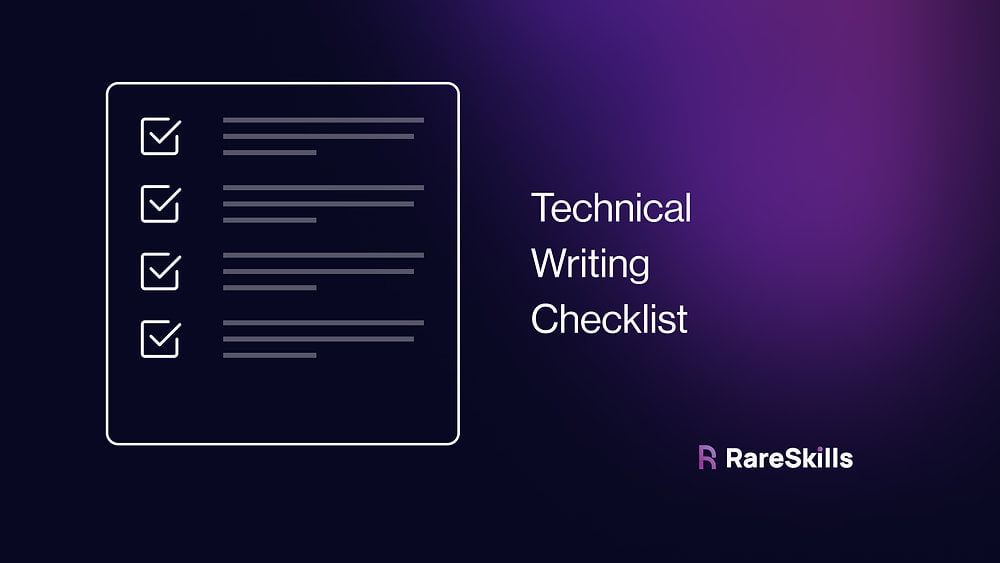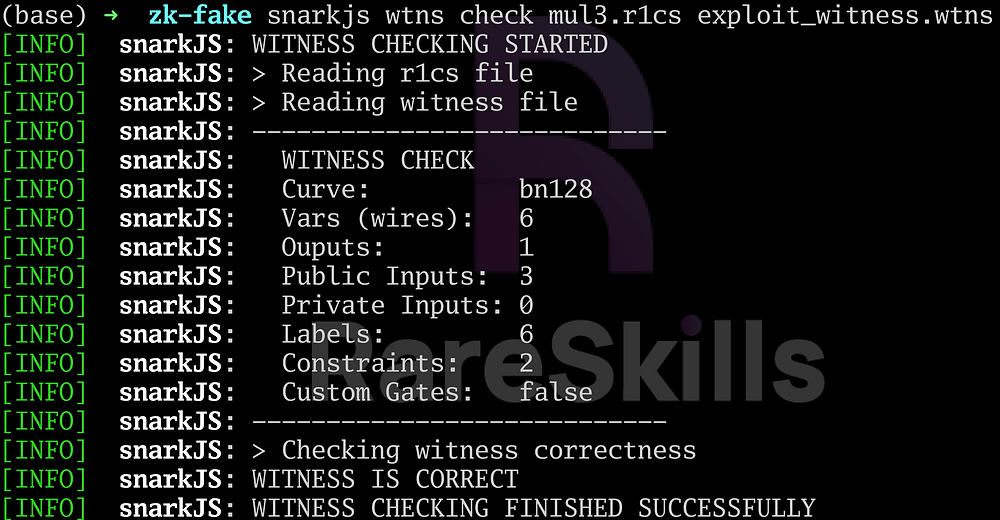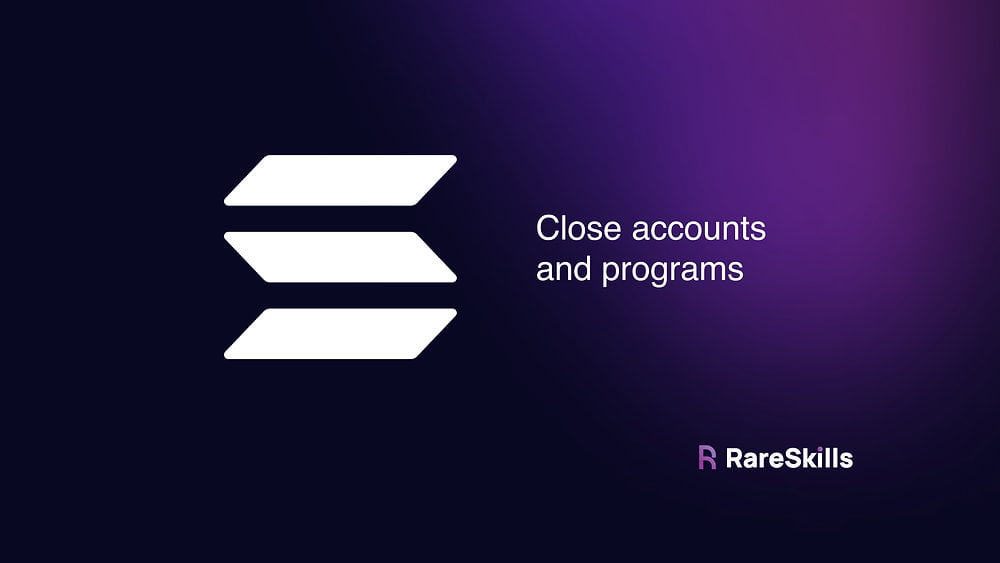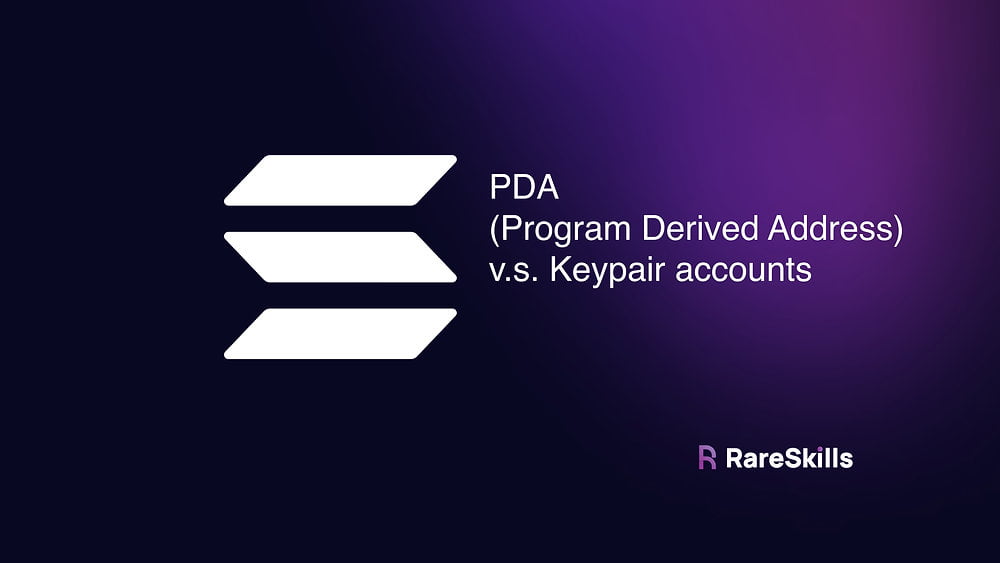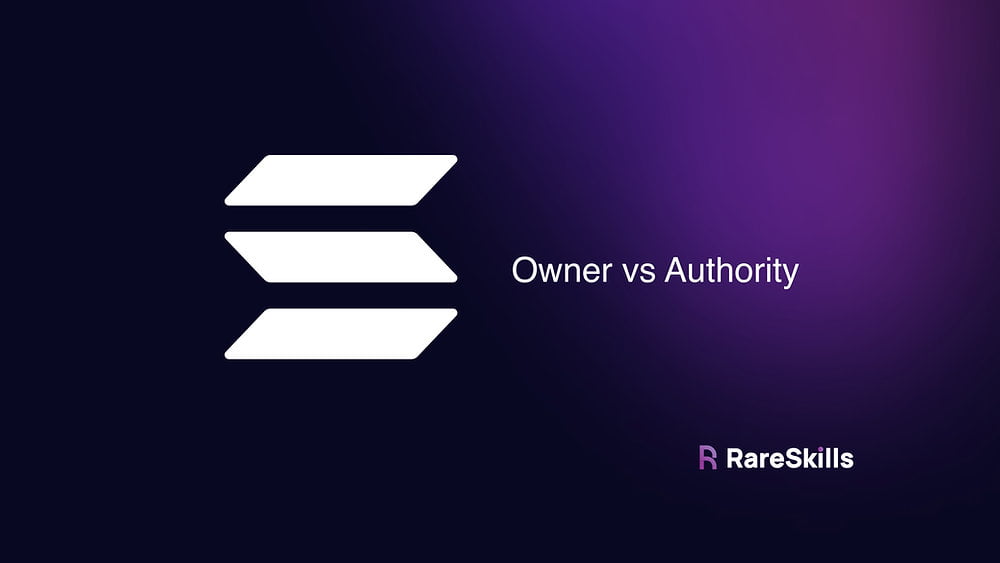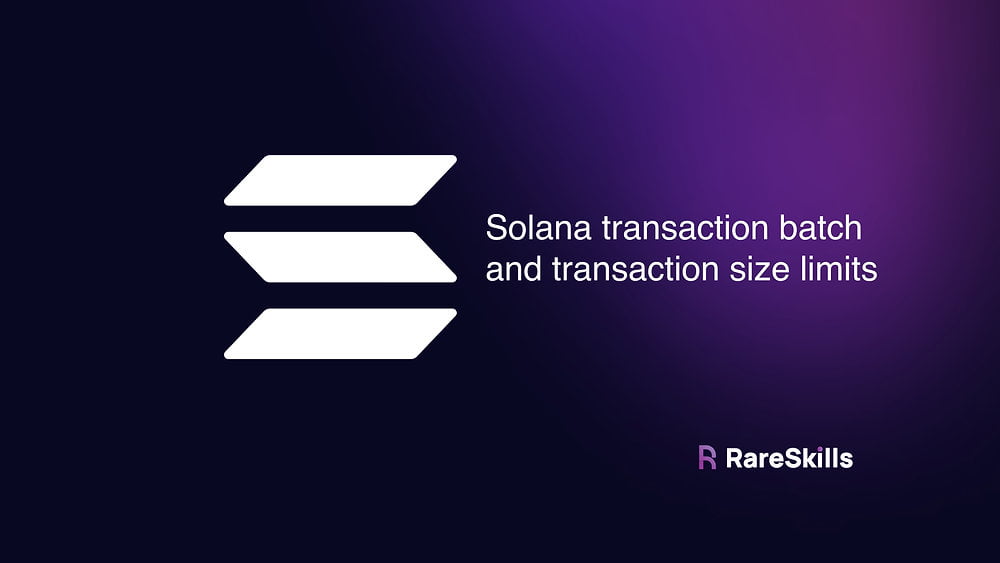How ERC721 Enumerable Works
How ERC721 Enumerable Works An Enumerable ERC721 is an ERC721 with added functionality that enables a smart contract to list all the NFTs an address owns. This article describes how ERC721Enumerable functions and how we can integrate it into an existing ERC721 project. We’ll use Open Zeppelin’s popular implementation of ERC721Enumerable for our explanation. Prerequisites […]
